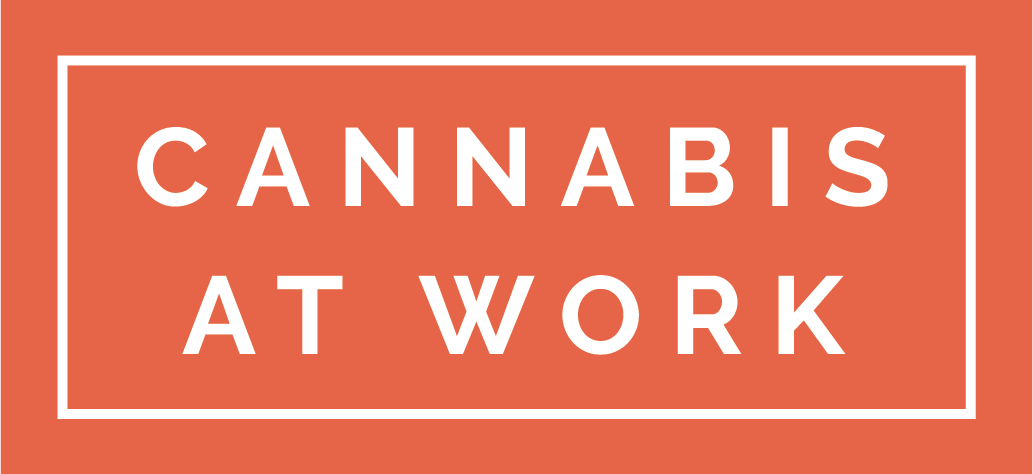As the Liberal government starts the conversation on legalizing marijuana, there has been a lot of talk about where to sell it.
Two big players have come forward with pitches to distribute: the B.C. Private Liquor Store Association and more recently, the Liquor Control Board of Ontario. The argument by the liquor stores is the same: we are good at distributing one controlled substance (alcohol), so we will be good at selling other controlled substances (marijuana).
I understand why they would want the gig. There is a lot of opportunity at stake. The winner gets a big piece of the emerging cannabis market.
But have you been to a liquor store lately? I have. It wasn’t a very personal experience.
Alcohol consumption is very one-dimensional. Sure, people use it for different reasons, but the effect is the same whether you have a few glasses of chardonnay or a couple gin & tonics. You’re drunk and that doesn’t really change based on the type of alcohol you consume.
As a result, there isn’t a lot of experience needed to sell alcohol. That’s why you’re often buying your merlot from a 19-year-old cashier and the conversation with them doesn’t extend past “cash or credit?”
But it works. Unless you’re talking about high-end wine or whiskey you don’t need an expert to sell booze. The entry-level worker is the right fit for the job.
Cannabis is different. People use cannabis for different outcomes. Some outcomes are medically driven like anxiety, depression, pain, and insomnia. Others use cannabis in a more recreational manner and seek effects like energy, motivation and an elevated mood. There are seemingly endless strains that have different effects on the user.
In a dispensary model, like the one in Colorado, we see stores that specialize in cannabis and employ budtenders who are very knowledgeable on the products and the effects. They are positioned to give advice on how to consume cannabis, how to dose and what the risks are to the user.
The budtender is to cannabis what the sommelier is to wine. They have the experience and knowledge to sell a complex product to users who have varying tastes and needs.
So what is the best model? Dispensaries? Storefronts owned by Licensed Producers? It’s hard to know. The discussion on legalization in Canada is in its infancy and the Liberal government hasn’t provided direction on how the product will be distributed.
But here’s what I do know. Dropping the liquor store cashier into the role of the budtender isn’t going to work out well. Not for the customer and not for the business owner. They are simply not the right fit for the job.
Pick up any business book and you will find a chapter on hiring the right people. Let’s not kid ourselves – this is a business decision. Even though this discussion is rooted in government regulations, policy and legislation – legalization means big revenue for the government and the creation of an entire new sector of businesses.
The proposals by the liquor stores are one dimensional just like their products. They fail to recognize the complexities of the cannabis industry and that it requires a specialized labour force. Regardless of where the product is sold we need to have a model that ensures we have educated and knowledgeable people supporting customers and the industry in Canada.
This article was originally featured on liftcannabis.ca. You can view it here.

